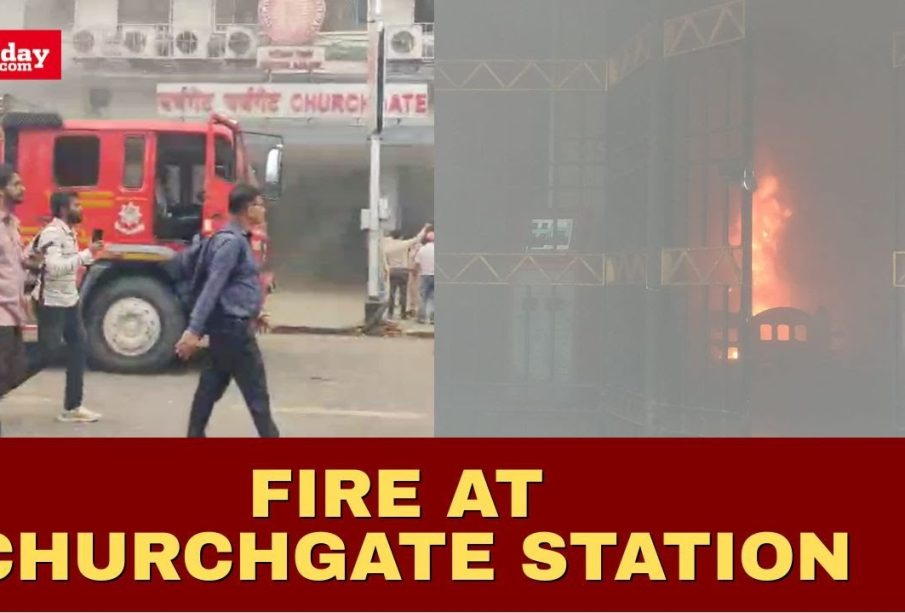Fire Incident at Churchgate Station: Safety Measures Under Scrutiny

Introduction
The recent fire incident at Churchgate Station in Mumbai has raised significant concerns about safety protocols and emergency preparedness in one of the busiest railway stations in India. This incident, which occurred during peak hours, underscores the necessity for stringent safety measures in public transport hubs.
Details of the Incident
On March 15, 2024, at approximately 6:45 PM, a blaze broke out on the first floor of Churchgate Station, primarily affecting a small kiosk area. Eyewitnesses reported smoke filling the vicinity rapidly, causing panic among commuters. Fortunately, the efficient responding teams, including the fire brigade and railway police, managed to contain the fire within 30 minutes, minimizing the damage and preventing injuries.
Authorities stated that the fire was likely caused by an electrical short circuit. The incident prompted an immediate review of the station’s safety systems, particularly fire alarms and extinguishing apparatus. Despite the quick response, the emergency evacuation process drew criticism, with some passengers noting that communication could have been clearer.
Emergency Response and Safety Regulations
Following the incident, the Western Railway authorities assured the public that they would conduct a thorough investigation. They emphasized their commitment to improving safety protocols and enhancing the fire response training of staff stationed at major railway hubs. The officials pointed out that stringent safety regulations, including regular fire drills and maintenance checks have been implemented across all stations in Mumbai.
Conclusion
The Churchgate Station fire incident serves as a wake-up call regarding the importance of railway safety in India, particularly in urban centers where millions travel daily. As the investigation unfolds, it is hoped that concrete measures will be established to fortify the safety infrastructure. This incident reinforces the necessity for continuous training, proper communication, and effective emergency response strategies to safeguard commuters. Moving forward, it will be crucial to foster a culture of safety to prevent similar occurrences in the future.









